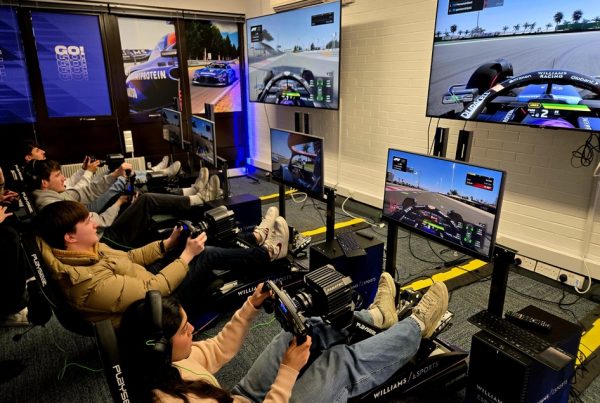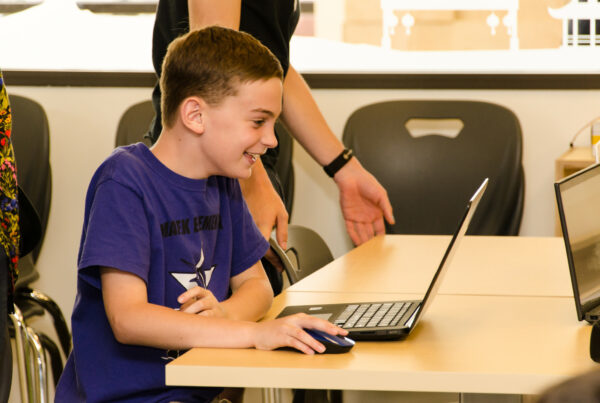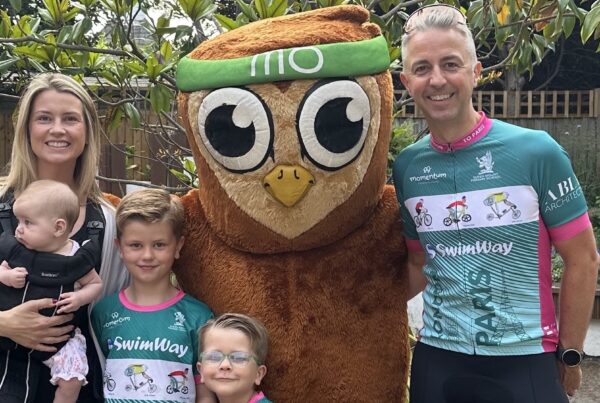Darling looks at how a handful of countries are performing on the Program for International Students Assessment (PISA) 2018 and explores what this means for education worldwide.
Whether PISA 2018 means much is for the educationalist to decide but, at the very least, it makes interesting reading. The skills and knowledge in reading, mathematics and science amongst 15-year-olds are evaluated in the 79 participating OECD countries in order to assess education systems around the world.
The UK has made positive progress in reading, maths and science but lags behind top performers such as China, Singapore and Finland. The UK’s teenagers were also found to have among the lowest levels of “life
satisfaction”. Experiences differ between key stages, but from primary school through to the General Certificate of Secondary Education, sixth form, and undergraduate degrees, what can the UK learn from the rest of the world?
Results from the PISA 2018 tests places education in the UK as follows:
- Reading: 14th, up from 22nd in tests three years ago
- Science: 14th, up from 15th
- Maths, 18th, up from 27th
The Chinese approach to education: a state-run public school system.
Compiled by Lara Krausé
China’s unique, public school education system has led Beijing, Shanghai, Jiangsu and Zhejiang’s 15-year-old students ranking as first among 79 countries in reading ability, mathematics and science. Chinese education comprises three levels – basic, higher, and adult – and everyone must complete compulsory education for nine years. Due to intense competitiveness to get into university and the high value of education, Chinese students are subjected to gruelling hours of study during weekdays, half a Saturday and additional hours of tuition and extra-curricular subjects.
The infamous ‘Gaokao’ is a nine-hour test and a pass is required for university. It is one of the most difficult examinations in the world, with only a 50% pass rate. A key negative in this system is the immense pressure leading to reported suicide and depression.
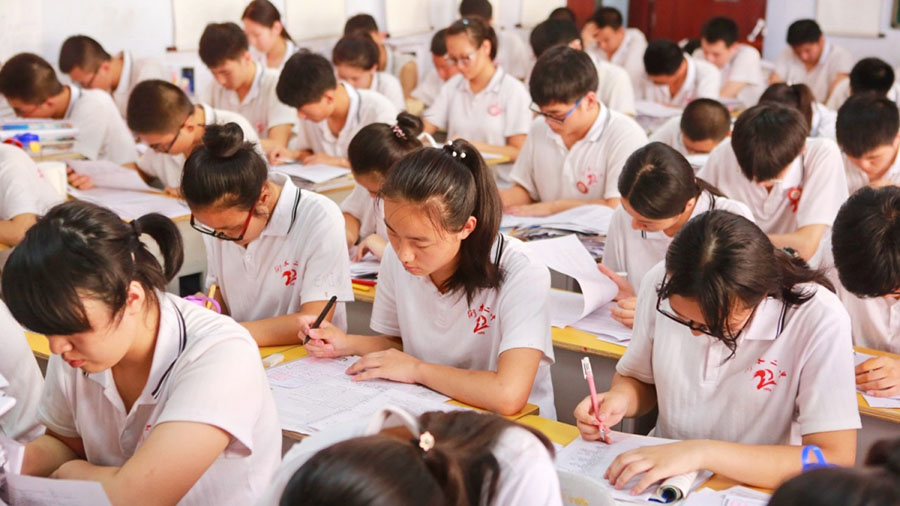
The American approach to education
American students rate 13th for reading, mathematics and science out of 79 countries on PISA 2018. The US has no country-level set national curriculum, instead every state has its own Department of Education that sets guidelines and provides funding for the schools of that state. During elementary, middle and high school, a student must pass all of their required courses at the end of each semester, allowing them to continuously self-evaluate. During the last year of school, students take their SAT or ACT exams which determine whether they will get into their chosen university.
At university, students are required to take several subject choices before they specialise in one specific field, permitting a student a clearer idea of career route. Funding differences due to state financial constraints have left some schools offering limited subjects, reduced teaching resources and minimal opportunities, leading to each state having different levels of literacy. Social and academic differences, with reduced opportunities, create unrest, which is shown through mass shootings and rising mental health issues.

Finland
Compiled by Editor Marja-Leena Toseland
The Finnish approach to education is amongst the least pressured with the world’s shortest school days. Learning how to learn, critical thinking, interactive skills and the ability to use technology are seen as the most valued skills in our rapidly changing world. When it comes to PISA 2018, reading literacy shares 2nd place with Canada in the OECD countries; 6th out of all participants. Maths ranks between 7 and 13 among OECD countries and between 12 and 18 overall. Science literacy, in the other hand, ranks third among OECD countries and sixth overall.
Full-time education is mandatory from age 7 to age 16. Younger children attend school only three or four hours a day, with afternoon clubs based on free play valued as an important part of learning. The only standardised external exams are the matriculation exams, taken by 42% at the end of the optional high school and are required for university. The rest opt for a vocational education after turning 16. Teachers are educated to an advanced level and required to have a Master’s degree. Pupils are treated as individuals who progress within their own capabilities. Experience of success and joy of learning is highly valued. Education is free at all levels, pre-primary and higher education institutions included. There is no market for private tutors but pupils needing extra support receive it at school.
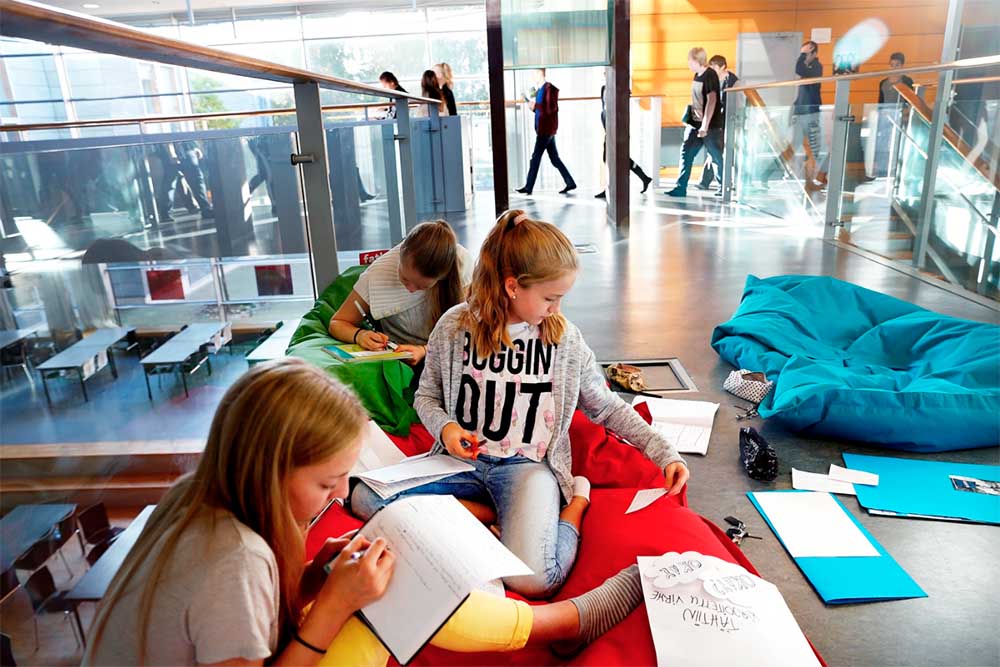
South Africa
Compiled by Debby Evans, Specialised Education Consultant, Cognitive and LSEN.
South Africa is one of the most unequal countries in the world and has no ranking on PISA 2018. Nelson Mandela became first State President of the new democracy in 1994, inheriting the legacy of the apartheid system. Tragic inequalities still exist and plague our multi-racial education system. The system is ‘outcome based’ and inclusive for 6 to 15-year-olds.
SA was ranked last at the World Economic Fourm (WEF) for mathematics and science education in 2016, and close to last out of 139 countries for the overall quality of the education system. The latest PIRLS results show that literacy levels are disastrously low: 78% of SA Grade 4 children cannot ‘read for meaning’ in any of the 11 official languages. Mother tongue instruction is given until Grade 3. From Grade 4, teaching and learning takes place in the English language.
State Secondary schooling ends in Grade 12 with the National Senior Certificate (NSC) examinations. Only 28.7 % pass with a ‘bachelor’s’ pass, which is necessary for entrance to university, compared to the over 98% from the excellent private schools. The poor quality of current teaching can be attributed partly to the closing of the teacher training colleges since 1994. Teachers now train through universities, distance learning or training and vocational colleges.
Call to action part:
Readers interested in assisting children aged 0-4yrs in our ECD programme and/or youth from disadvantaged backgrounds in our Tertiary Access Programme for Maths and Science degrees, may donate to the Midlands Community College in KwaZulu-Natal.
Contact Karen Baker on finance@midlandscommunitycollege.co.za
Find out more about PISA here.
No food – no school
In an attempt to find longer-term solutions to South Africa’s growing hunger pandemic the DO MORE FOUNDATION have set an ambitious goal! By World Food Day 2020 (16 October) we are aiming to secure nutritional meals for 20,000 vulnerable young children every school day for the next 20 months.
With job losses on the rise, impoverished families are unable to afford monthly pre-school fees. Without this monthly income, and no government funding, 30,000 early learning facilities (serving 1 million young children) are at risk of closing. Ongoing nutritional support to these facilities – where children often receive their only meal of the day – acts as an incentive for families to return their children to a stimulating environment AND will help these early learning facilities remain open.
Through the production of DO MORE Sorghum porridge (provided at cost), you are able to provide 20 meals a month per child for as little as £1 (R20) /month. By taking up the #2020Challenge and contributing as little as £1 (R20) towards the cause for 20 months, you are not just giving a young child the energy to learn every school day, you are encouraging their parents to send them back to a stimulating environment and supporting Early Childhood Development practitioners (mostly marginalized women) to keep their learning Centres running.
If we are to break the cycle of poverty we need to give young children a healthy start in life. Help us create better tomorrows for the young children of South Africa by taking up the #2020Challenge today. Together we can #DoMore
- Find out more about the #2020Challenge here: https://domore.org.za/world-food-day-2020/
- Take up the #2020Challenge here: https://www.globalgiving.org/projects/uplift-a-child-this-world-food-day/?show=recurring
- Contact us: support@domore.org.za or message us personally – https://domore.org.za/who-we-are/
- Promo video (dollar version): https://www.youtube.com/watch?v=LqBZpxxqMz8
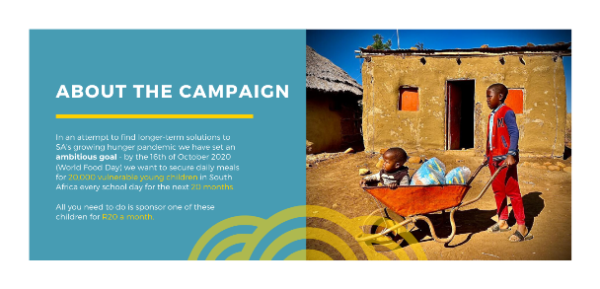
You might also enjoy reading:

